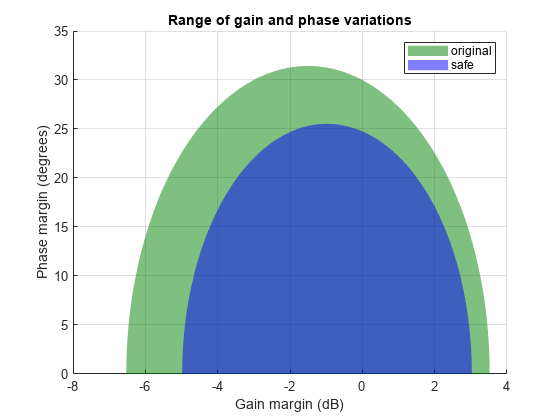uscale
Scale uncertainty of block or system
Description
blk_scaled = uscale(blk,factor)factor. Typically, factor is a robustness margin
returned by robstab or robgain, or a robust performance returned by musynperf. The
uncertain element blk_scaled is of the same type as
blk, with the amount of uncertainty scaled in normalized units. For
instance, if factor is 0.75, the normalized uncertainty of
blk_scaled is 75% of the normalized uncertainty of
blk.
Examples
Input Arguments
Output Arguments
Version History
Introduced in R2020a
See Also
normalized2actual | actual2normalized | musynperf | robstab | robgain
